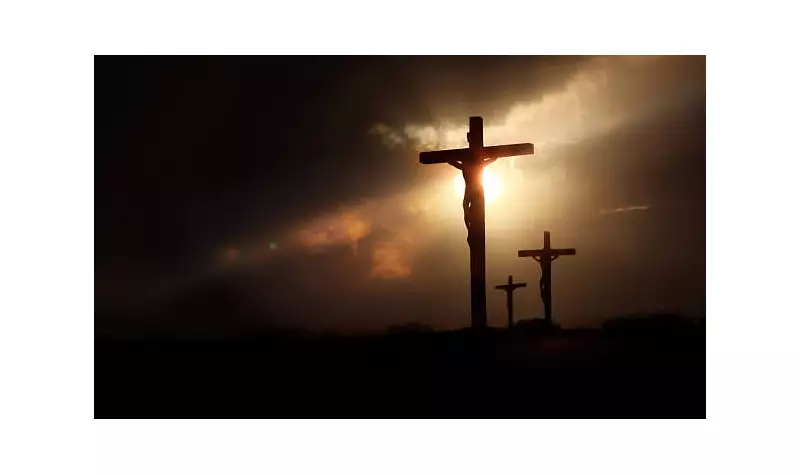
The Vatican has officially dismissed claims that Jesus Christ appeared multiple times on a hillside in France during the 1970s, putting an end to decades of speculation and local devotion.
The Original Claims and Visionary
According to historical records, a Catholic mother from the French town reported experiencing 49 separate appearances of Jesus throughout the 1970s. During these alleged encounters, she claimed Jesus communicated a series of messages and provided specific instructions for religious devotion.
The woman maintained that during these visions, Jesus directed her to construct a 7.38-meter (24.21-foot) cross on a hillside within her town. This directive led to the creation of a local religious site that has attracted visitors and pilgrims over the years despite the lack of official Church recognition.
Vatican Investigation and Final Ruling
After thorough investigation and consideration, Vatican authorities have determined that there is insufficient evidence to authenticate these alleged apparitions. The declaration represents the Catholic Church's formal position on the matter, effectively closing the case that has remained open for decades.
The Vatican's statement emphasizes the Church's careful and methodical approach to evaluating such claims, which typically involves theological experts, psychologists, and other specialists examining the evidence and the credibility of those reporting visions.
Impact on Local Faith Community
While the Vatican's ruling may disappoint some local devotees who have maintained belief in the apparitions, it aligns with the Catholic Church's conservative approach toward recognizing supernatural events. The Church maintains strict criteria for authenticating religious visions and typically approves only a small fraction of reported cases.
The hillside cross, regardless of the Vatican's decision regarding its origin story, remains a physical landmark in the French town and may continue to serve as a place of prayer and reflection for local residents, even without official Church endorsement of its purported divine inspiration.
The case highlights the complex relationship between personal spiritual experiences and institutional religious authority within the Catholic tradition, demonstrating how the Church balances respecting individual faith experiences while maintaining doctrinal standards and preventing potential exploitation of believers.





